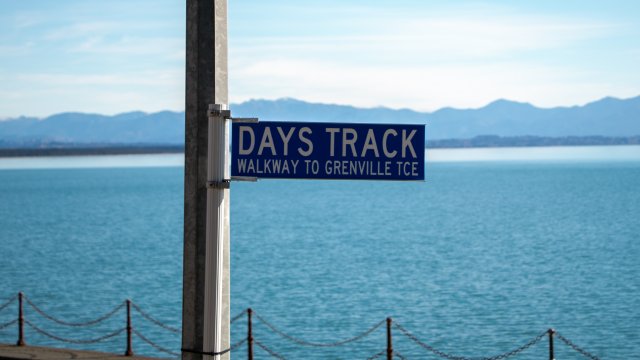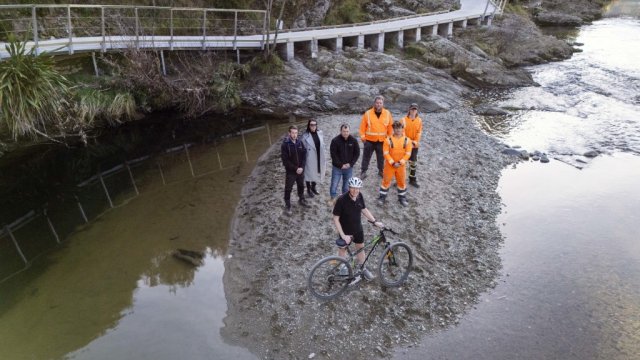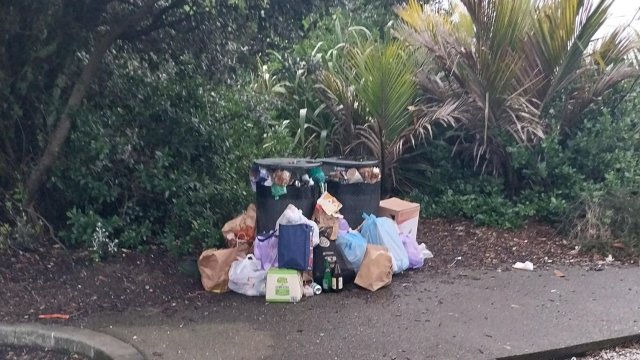Nelson City Council moves to close reserves due to increased fire risk
31/01/2020 12:39pm
Following a continued spell of hot and dry weather Nelson City Council, in collaboration with Fire and Emergency New Zealand (FENZ), DoC, forestry companies and Tasman District Council, is closing access to some of our reserves.
The following reserves will be closed until further notice:
- Grampians Reserve
- Sir Stanley Whitehead Reserve
- Marsden Valley Reserve
- Maitai Water Reserve
- Brook Conservation Reserve
- Roding Water Reserve
Council makes the decision to close reserves after taking advice from FENZ and monitoring the Build Up Index (BUI), which is an indicator of the difficulty in suppressing a fire that has started. The BUI is now well over 80, the level at which FENZ advises which reserves should close, and is expected to be close to 100 midway through next week.
Closures will come into effect from midnight Friday 31 January. Signage will be in place at all the closed areas, and the public is asked to please stay out of these areas for your own safety.
These closures affect access to the Coppermine Trail and the Maungatapu Track
The key risk is around the safety of people being caught in the reserves should a fire break out. With the dry conditions, prevailing winds, slope and nature of the vegetation, a fire would spread uphill extremely quickly, making evacuation difficult.
People visiting larger reserves that remain open (e.g. Botanical Hill, Tantragee Reserve/Codgers Trails) are strongly advised to stay in the lower areas for ease of evacuation in the case of a fire. Avoiding the reserves in high fire risk times such as mid-afternoon when conditions are warmest is also recommended.
Nelson City Council will assess the situation weekly and further decisions on closures or reopening will be made in consultation with FENZ and with public safety as our top priority.Fire risk and reserve closures – Q and A
How was the decision made to close reserves?
FENZ has weekly meetings with stakeholders, including Nelson City Council, DOC, Tasman District Council and forestry to discuss risks and a coordinated response for any reserve closures. Decisions are guided by the Build Up Index (BUI), which is an indicator of the difficulty in suppressing a fire that has started.
What are the thresholds for closing reserves?Once the BUI reaches 60, Council installs signage warning of increasing fire risk.
At BUI 80, FENZ will advise on which reserves should close.
At BUI 100 full reserve closures will be implemented.
Why are some reserves shut and some open?Closures will depend on the risk profile of each reserve, which varies according to weather conditions, vegetation type, topography, and the availability of evacuation routes. For instance, the risk profile in a pine forest is higher than it is for a reserve largely populated by less flammable native trees. Users should still take care in open reserves, please limit your visits to the early morning and evenings and stay in the lower areas for ease of evacuation.
When will reserves be reopened?
Reserves are reopened when FENZ advises that risk factors have sufficiently decreased. Decisions are assessed on a weekly basis.




